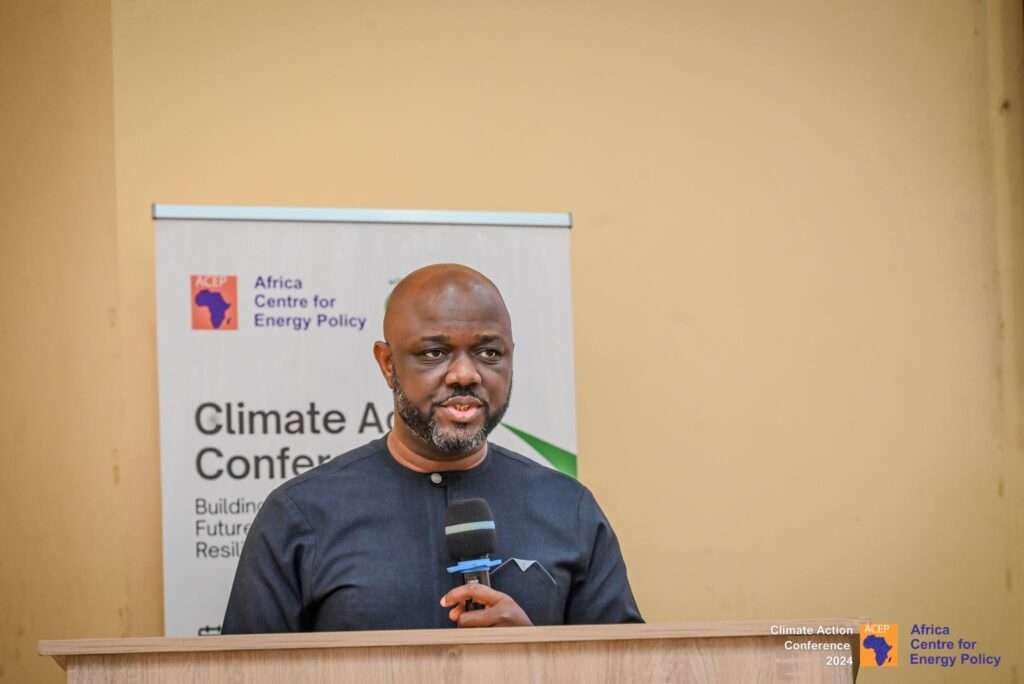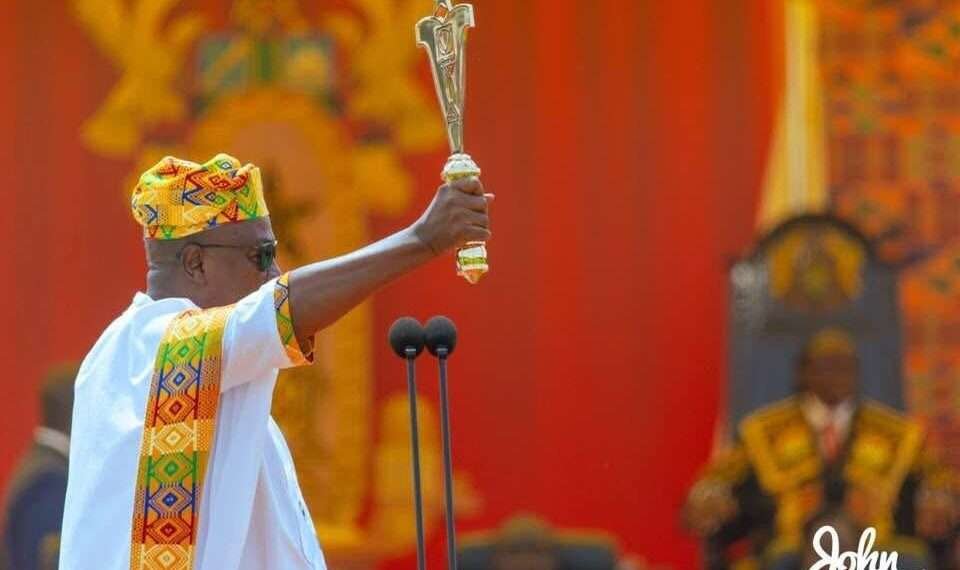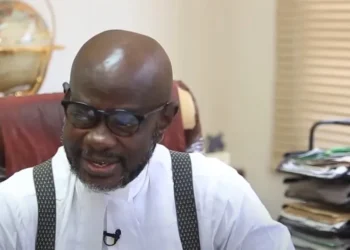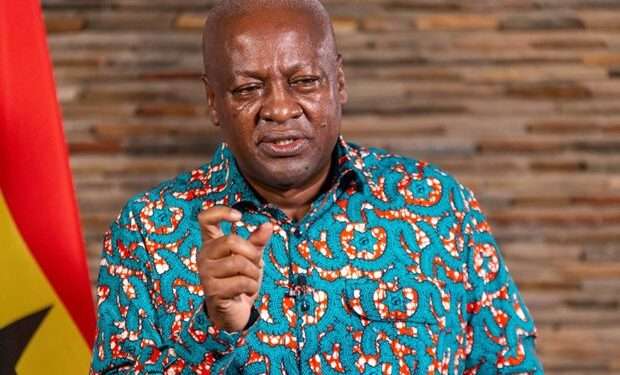The Mineral Income Investment Fund (MIIF), originally established to facilitate the controversial Agyapa Royalty Investments, remains a focal point of debate in Ghana’s natural resource management.
Created under the MIIF Act, the fund was intended to manage Ghana’s mineral royalties, but its early association with the aborted Agyapa transaction has cast a long shadow.
Benjamin Boakye, Executive Director of the Africa Centre for Energy Policy (ACEP), has raised pressing concerns about MIIF’s operations and its alignment with national development priorities.
He calls on President John Dramani Mahama’s administration to rectify what he describes as “systemic inefficiencies and misuses of mineral revenues.”
“Civil society organizations (CSOs) that fought against the Agyapa deal expect that the John Dramani Mahama (JDM) government will reverse this unfortunate situation and free up cash for development.”
Benjamin Boakye, Executive Director of the Africa Centre for Energy Policy (ACEP)
The MIIF’s initial mandate was closely tied to the Agyapa Royalty Investments plan, spearheaded by former Finance Minister Ken Ofori-Atta.
The scheme sought to value Ghana’s gold royalties from 48 mining concessions at $1 billion, offloading 51% of this value on the London Stock Exchange for around $500 million.
Critics, including ACEP, vehemently opposed the deal, citing flawed assumptions about mineral deposits, perpetual state ownership of resources, and the undervaluation of national assets.
Boakye recalled how the royalties from 48 of Ghana’s most promising mining concessions were valued at $1 billion, with plans to sell 51% of that value for just $500 million.
Civil society organizations (CSOs), including ACEP, raised concerns about the valuation methodology and the lack of transparency surrounding the deal.
They argued that Ghana’s perpetual ownership of its mineral resources was incompatible with the short-term focus of investors. In Boakye’s words, “It was unconscionable to treat state royalties like any royalty streaming business.”
The resistance from CSOs and the broader Ghanaian public, coupled with the proximity of the 2020 general elections, led to the suspension of the Agyapa transaction. However, the fallout continues to haunt MIIF, which remains a well-funded entity despite its controversial origins.
MIIF’s Current Role

Since the collapse of the Agyapa deal, MIIF has retained control over Ghana’s gold royalties, receiving over $1.08 billion in revenue between 2020 and 2024.
Boakye notes that while MIIF executives often tout their “stellar” performance, the royalties they manage are generated solely through the efforts of gold-producing companies, not through any proactive investment strategy by the fund itself.
“While the government decimated the investments of citizens and external creditors through haircuts, MIIF remains a wealthy entity with billions of cedis in cash reserves.
“It funds school reunions, political events, the construction of astroturfs, politically connected small-scale mining operations, and various other investments, besides the huge administrative overheads.”
Benjamin Boakye, Executive Director of the Africa Centre for Energy Policy (ACEP)
The criticisms leveled against MIIF are emblematic of broader governance challenges in Ghana’s resource management sector.
Boakye warned that without significant reforms, funds like MIIF risk becoming vehicles for financial mismanagement rather than tools for sustainable development.
He urged policymakers to prioritize the fundamental challenges facing the country, such as inadequate schools, poor healthcare facilities, and unreliable water supply, rather than allowing funds to accumulate wealth with little accountability.
Boakye also questioned whether MIIF is fulfilling its intended purpose as a sovereign wealth fund.
He described its current operations as “financial banditry with zero risk appetite,” suggesting that the fund’s management is more focused on preserving its cash reserves than making meaningful investments in the country’s development.
Expectations for a Mahama Administration
Boakye and other CSOs are now looking to former President Mahama to address the structural and governance flaws within MIIF.
According to Boakye, the current situation, where MIIF operates as a standalone entity with minimal oversight, is unsustainable. He proposed two key reforms for the incoming government.
“A merger of MIIF and the Ghana Infrastructure Investment Fund (GIIF) to streamline the funds and create a more purposeful development fund.
“Capping the total allocation to MIIF/GIIF at a maximum amount (e.g., $5 billion), after which all royalties would revert to the national budget.”
Benjamin Boakye, Executive Director of the Africa Centre for Energy Policy (ACEP)
These reforms, he argued, would prevent the discretionary abuse of royalties and ensure that Ghana’s natural resource wealth is used to address the country’s pressing social and economic challenges.
Ghana’s natural resources represent a vital asset for its economic development, but their potential remains untapped due to systemic inefficiencies and mismanagement. As the Mahama administration takes the reins, the need for bold reforms at MIIF cannot be overstated.
The blessings of natural resources, as Boakye aptly concluded, “must be spent to improve lives,” not squandered on discretionary projects or allowed to accumulate in funds with little oversight. Whether Mahama rises to this challenge will have significant implications for Ghana’s future.
READ ALSO: Boakye-Danquah Calls for Probe into Police Officer’s ‘Celebratory’ Shooting




















